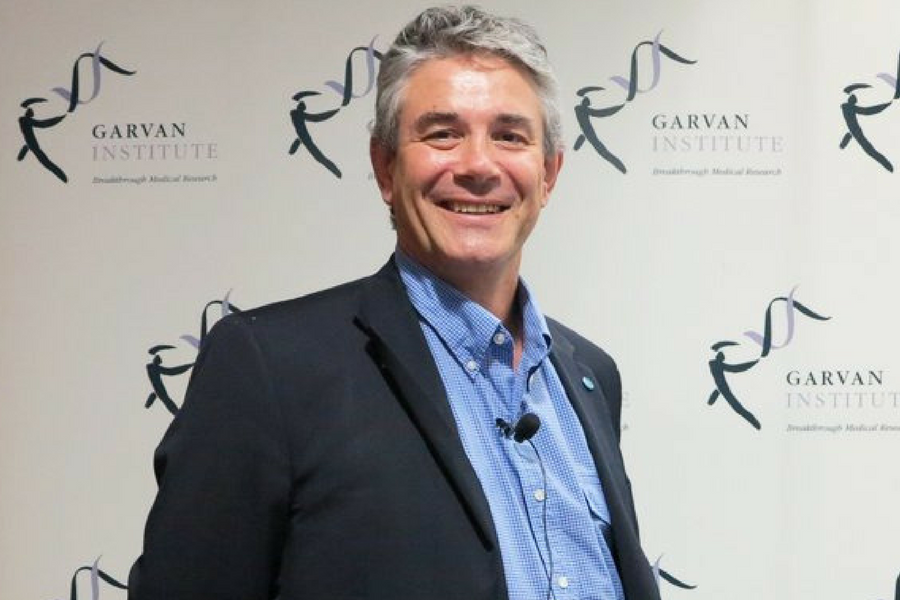The CSIRO has this week partnered with Monash University and the Monash Health Translation Precinct (MHTP) to launch M2, a new Melbourne-based facility that will help emerging medical technology companies and researchers commercialise their ideas.
The precinct will aim to close the gaps between large pharmaceutical companies and small-to-medium enterprises by providing medtechs a space to prototype and clinically test their product – a traditionally expensive and time consuming process.
Leveraging the precinct’s resources, CSIRO said startups will be able to progress towards commercialisation of their products, helping them grow their business and face up against the dense pharmaceutical market.
Development for the precinct was supported by the Science and Industry Endowment Fund, a long-running fund which was boosted by the Victorian Government in 2009.
Opening the medical “one stop shop” beside CSIRO’s new BioMedical Materials Translation Facility, which is located within the precinct, Arthur Sinodinos, the Federal Minister for Innovation and Science, said M2 will be key to accelerate the development of new technology.
“From life-changing cochlear implants, to life-saving vaccines, world-first 3D printed bone and tissue replacements, Australia has an incredible track record when it comes to medical technologies and pharmaceuticals,” he said.
“M2 will help to accelerate development of technology like this, not only vital for the improvement of the lives of Australians facing medical challenges, but also leading to job and economic growth for Australia.”
Describing the precinct, CSIRO Director of Manufacturing, Keith McLean, said the internal facilities combine some of the “best” medtech equipment and expertise.
“When a company comes to us we can use CSIRO and MHTP facilities to develop and analyse production scale prototypes, whilst the Monash Biomedical Imaging facility can provide advanced pre-clinical and clinical testing and imaging,” he explained.
Also looking to medical technologies, RMIT University last month announced an agreement with ASX-listed MGC Pharmaceuticals that will see the organisations collaborate on medical cannabis research initiatives in Australia.
Following a Memorandum of Understanding (MoU) signed earlier this year, the umbrella agreement states that the university will dedicate one of its research facilities and labs to the research, with the first of two core projects focused on developing a library of cannabis medicine.
The library will house a proprietary genetic database of cannabis strains and cannabinoids sequences, as well as clinical data on their use in treatment of various diseases and conditions, with the aim to provide doctors and patients with a tool to discover the appropriate treatment for a condition.
The second project for RMIT and MGC will investigate the effects of medical cannabis on various types of cancer, and cancer side effects; the first focus will be melanoma treatment.
Image: Keith Mclean. Source: Twitter.




















Trending
Daily startup news and insights, delivered to your inbox.